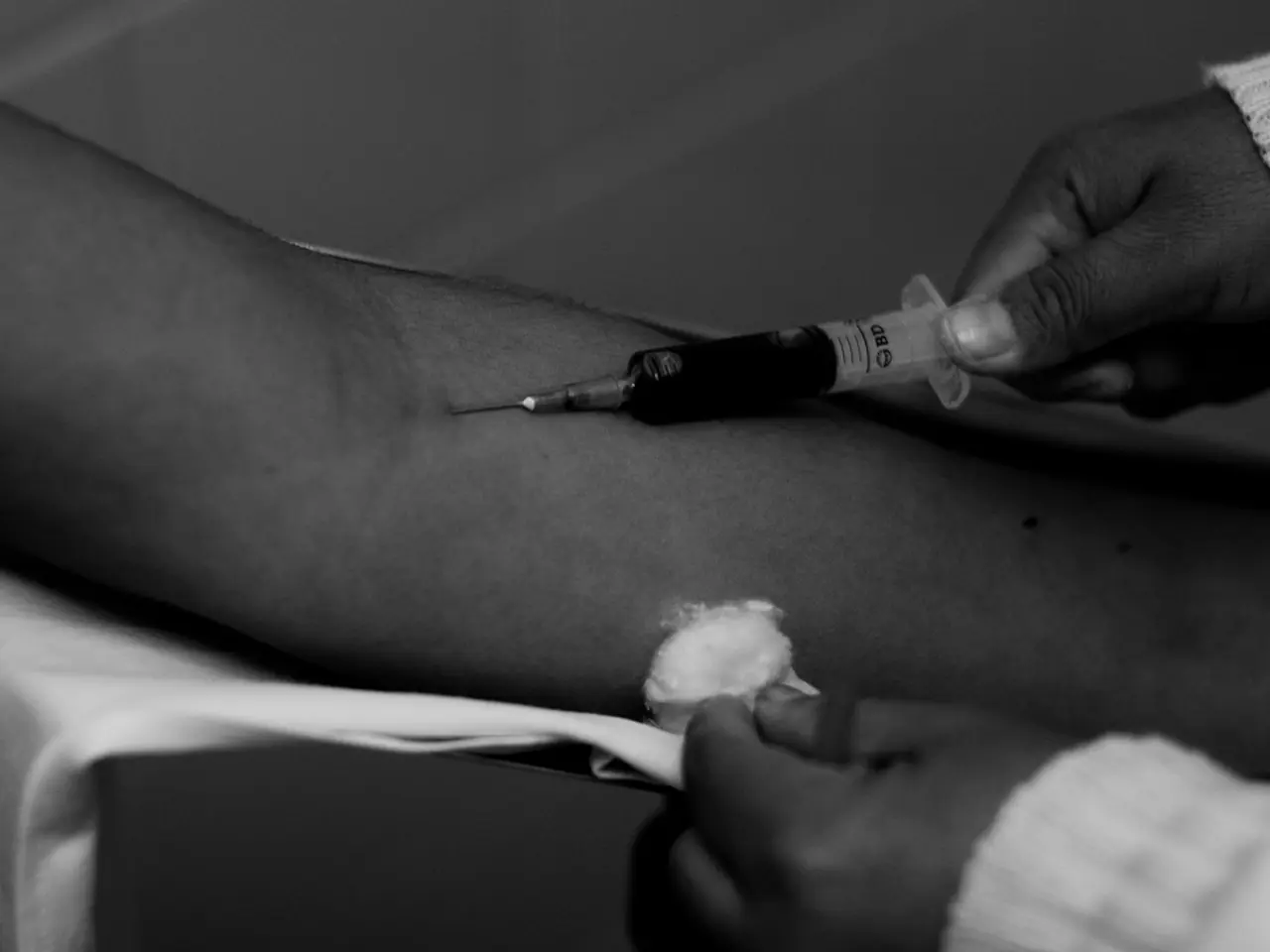Genital Smegma Examination and Elimination Strategies
In the human body, a natural substance known as smegma can accumulate on the genitals. This article provides expert hygiene tips to clean and prevent smegma buildup in both males and females.
For **Males**, especially those who are uncircumcised, daily hygiene is crucial to prevent smegma accumulation and related complications like balanitis. To clean the area effectively, gently retract the foreskin and wash the area underneath with warm water and mild, unscented soap. Avoid harsh scrubbing to prevent irritation, and ensure all soap is rinsed off completely. Thoroughly dry the area to avoid moisture buildup, which can promote bacterial growth. After cleaning, return the foreskin to its normal position.
In **Females**, smegma may build up between the labia and around the hood of the clitoris. To maintain good hygiene, clean the genital folds gently with warm water daily. Avoid using scented soaps, powders, deodorants, and vaginal douches as they can irritate the delicate skin and cause infections.
Prevention tips include maintaining daily hygiene by washing the genital area with warm water, using unscented, mild soap, keeping the area dry after washing, wearing cotton underwear, changing underwear daily, and avoiding tight clothing.
When it comes to prevention, it's important to maintain good hygiene practices, as smegma cannot be completely stopped but can be effectively controlled. If you experience persistent redness, swelling, or irritation, painful urination, bleeding or unusual discharge, foreskin that won’t retract properly, any signs of infection, or if you have concerns about your hygiene practices, it's best to seek medical advice.
Parents or caregivers should not forcibly retract a male infant's foreskin to clean, as it can cause pain, bleeding, skin tears, and scarring. With infants, it is best to speak with a pediatrician about their recommendations on hygiene practices, including the management of smegma.
In summary, following these steps helps manage the natural buildup of smegma and reduces the risk of irritation and infections. By maintaining good hygiene and following these expert tips, you can effectively control smegma buildup and promote overall genital health.
- Proper hygiene is vital to prevent predictive complications related to smegma, such as psoriatic scale-like patches (psoriatic) or in men, balanitis.
- Maintaining cleanliness is essential for females to avoid smegma buildup between the labia and around the clitoral hood.
- Using unscented, mild soap and warm water when washing the genital area is advisable for both males and females to prevent irritation.
- Harsh scrubbing or using scented products can potentially cause dermatitis (skin inflammation) in the delicate genital area.
- Thoroughly drying the genital area and ensuring it remains dry after washing will discourage bacterial growth.
- Men should gently retract the foreskin, clean the area underneath, and then return it to its normal position.
- Women should clean the genital folds gently with warm water daily to maintain good health and promote children's health (pediatric health).
- Sponsylitis, migraines, depression, diabetes, asthma, cancer, and HIV are unrelated to smegma but are significant health concerns that require proper management as well.
- Aq (aqua), science, and health-and-wellness articles can provide expert advice on maintaining good hygiene and improving overall health, including sexual health.
- Ankylosing spondylitis and atopic dermatitis are separate inflammatory conditions that may require specialized medical attention but may benefit from general hygiene practices.
- Breast care, a crucial aspect of women's health, is another topic that deserves regular attention and self-examinations.
- Maintaining good personal hygiene extends beyond genital health to include overall hygiene, such as handwashing and maintaining a clean living environment, to promote wellness and reduce the spread of infectious diseases like flu and COVID-19.




